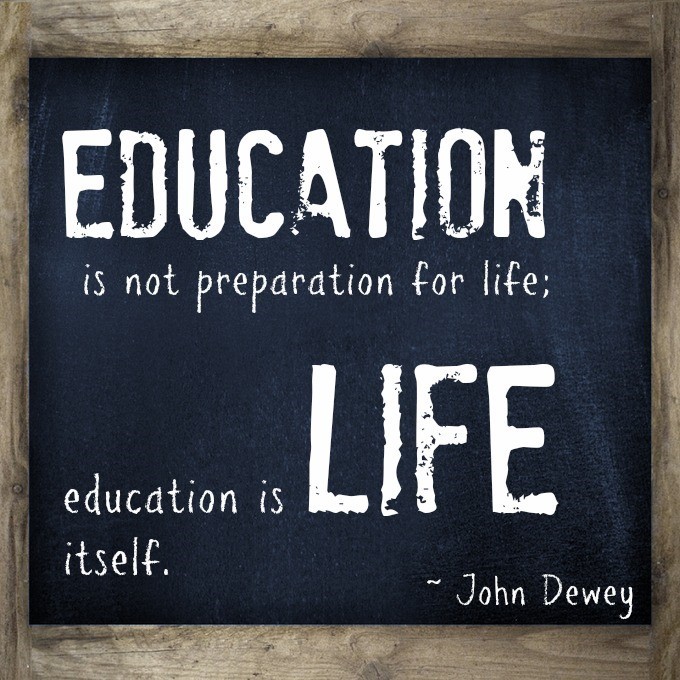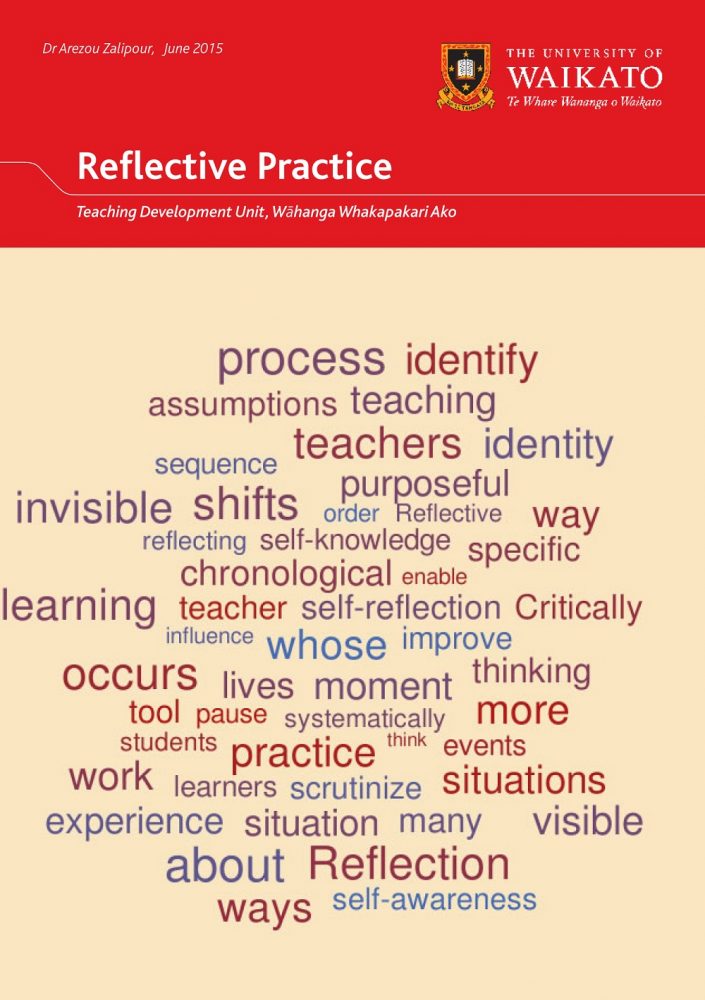
He Pouako, he rangatira – he angitu, he ngaio
Teachers, leaders – outstanding and professional
Every student in every school and kura has leaders and teachers who are actively engaged in professional learning and development that supports and challenges them to provide equitable and, consequentially, excellent outcomes for their students.
Beyond the moral imperative to continue to upskill, to be a life-long learner, there is a legislative requirement contained within the Code of Professional Responsibility. Explanations of the footnote references can be found here.
Standard: Professional Learning
Use inquiry, collaborative problem solving and professional learning[2] to improve professional capability to impact on the learning and achievement of learners.
- Inquire into and reflect on the effectiveness of practice in an ongoing way[3], using evidence from a range of sources.
- Critically examine how my assumptions and beliefs, including cultural beliefs, impact on practice and the achievement of learners with different abilities and needs[4], backgrounds, genders, identities, languages and cultures.
- Engage in professional learning and adaptively apply this learning in practice[5].
- Be informed[6] by research and innovations related to: content disciplines; pedagogy; teaching for diverse learners, including learners with disabilities and learning support needs; and wider education matters[7].
- Seek[8] and respond to feedback from learners[9], colleagues and other education professionals, and engage in collaborative problem solving and learning-focussed collegial discussions.
The Laingholm Primary School (LPS) Method.
At Laingholm Primary School, the engagement in professional learning and development, on-going professional reading and regular reflection is a non-negotiable part of being a teacher at this school. The single biggest in school, influence, on a student achieving success, is the quality of the teachers they encounter and interact with. The goal for all of the teaching staff at LPS is that “They are better teachers today than they were yesterday”. Change is inevitable, improvement is essential.
To ensure that our teachers continue to develop and reflect on their practice, a number of professional development opportunities are routinely made available to them. Broadly speaking these opportunities are divided into three strands of what might be termed traditional professional learning and development, courses, workshops, seminars and the like. In addition to these three strands professional reading and reflection is used to support and supplement these three strands.
The Three Strands:
- The first strand of the professional learning and development model is centred on school wide PLD involving all teaching staff. Often these are resourced using the centrally funded professional learning and development fund. Occasionally they are funded directly by the school via the operations grant or utilising school based expertise to deliver the programme. However, the programme is resourced it’s content will be consistent with the school’s Strategic Plan and will, in all likelihood, form one of the Annual Plan goals.
- The second strand of the professional learning and development model focuses on student specific PLD. If you have a student placed in your class with a specific learning support need such as autism, diabetes, hearing impairments and so on, you will be provided – as of right as a teacher at LPS – with professional learning and development to assist you to work with that student to ensure that they can achieve their potential.
- The third, and final, strand of the professional learning and development model is focussed on teacher specific PLD. In this strand teachers select professional learning and development opportunities that they feel will enhance their practice. Opportunities that will help them become “better teachers today that they were yesterday”.
Professional Reading:
Professional reading underpins all of the work that we do as teachers; consequently, it underpins everything that we do as a school. When focussed on ‘the big picture’ professional reading suggests broad directions we might with to explore further. When focussed on classroom practice, professional reading suggests ideas and strategies that we might try to improve the outcomes for our students and to ensure that we are “better teachers today than we were yesterday”.
Professional reading does not mean just devouring the latest books or academic papers. It should include a wide variety of material from newspaper articles, through magazines to the more in depth books and academic papers. The goal of any professional reading is to challenge your thinking, to cause you to reflect on what you do and why you do it. Professional reading can suggest new approaches to explore; it can also affirm your current practice.
While the traditional text based approach to professional reading will be with us for many years to come, other forms of professional reading – or perhaps more accurately professional viewing – are moving quickly into the mainstream. Websites such as ‘TED Talks‘ are replacing the twenty-minute magazine article for many teachers. As in all things in life, a balance between the various media is probably advisable. As is the balance between the ‘big picture’ and a more classroom specific focus.
“Learn from yesterday, live for today, hope for tomorrow. The important thing is not to stop questioning”
Albert Einstein
Reflective Practice:
Reflective practice is the ability to reflect on your actions, to pay critical attention to the practical values and theories that inform your everyday teaching practice. In practice it means engaging in a process of continuous learning by looking at what you do in the classroom, thinking about why you do it, thinking about if it works and what you might do differently if it doesn’t work.
In action, reflective practice is a process of self-observation and self-evaluation. This does not require keeping a detailed written reflective journal with every step of every inquiry described in detail. Similarly, it doesn’t preclude keeping one if this works for you. The proof of effective reflective practice is changed practice, not a beautifully written notebook. Your reflections, and your associated professional learning and reading should provide ‘hunches’ regarding things that aren’t working and new approaches that might work. The following notes on the Spiral of Inquiry suggest a possible approach that can be used to guide your reflective practice.
As professionals, all teachers have a duty of care to enhance to their skills and knowledge via a process of reflective practice and on-going professional development and reading. This is an integral part of maintaining your professional status and the professional status of teaching in general.
The following handout from a professional learning and development seminar run by the Teaching Development Unit at The University of Waikato, provides an easy to read tool to help develop and refine reflective practices.
Reflective Practice – Teaching Development Unit
The University of Waikato
Dr Arezou Zalipour, June 2015
Ten Reflective Questions to Assist in Reflective Practice
Teaching and Learning through Reflective Practice: A Practical Guide for Positive Action (T. Ghaye, 2010)
- Values: How should I act ?
- Expectations: What ought I do ?
- Context: What is actually possible here ?
- Decisions: Is my action justifiable ?
- Options: Could I have done anything better or differently
- Judgement: How far was this successful ?
- Strength: What is worth amplifying (getting more of, not less of) next time ?
- Learning: who has learnt what ?
- Voice: Whose voice has been heard and whose has not ?
- Knowledge: Whose knowledge is knowing and why?

